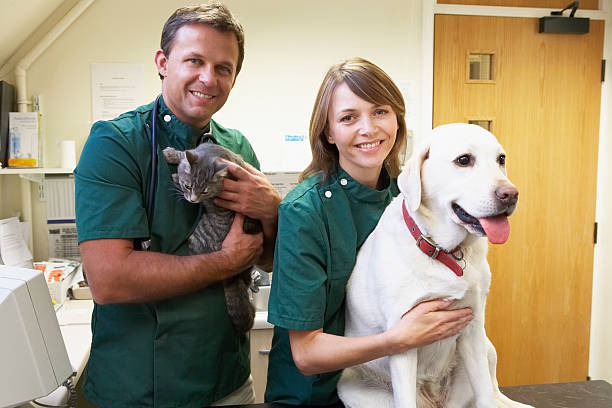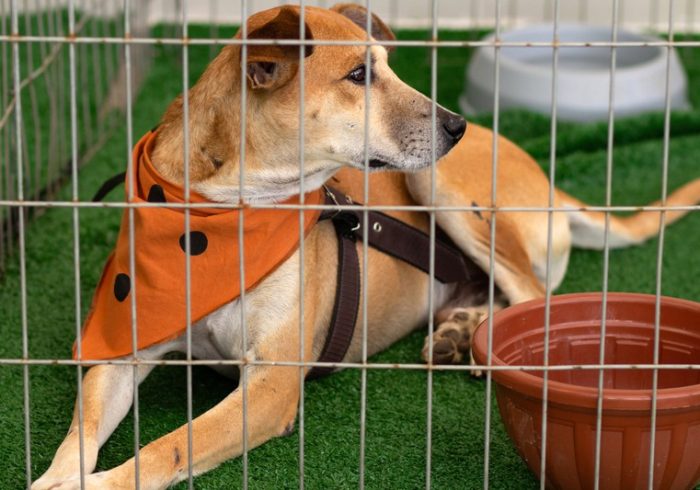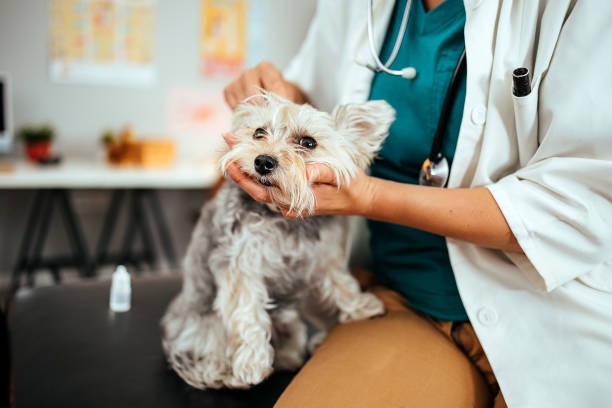We’ve all experienced a bloated stomach at some point, and it can be just as uncomfortable for our furry friends. When is stomach bloating a cause for emergency concern in dogs? Recognizing the signs and knowing when to act can make a significant difference in your dog’s health.
What Is Stomach Bloating?
Stomach bloating, often referred to as gastric dilatation-volvulus (GDV) or bloat, is a condition where a dog’s stomach fills with gas, food, or fluid, making it expand. In severe cases, the stomach can twist, leading to life-threatening complications.
Signs and Symptoms of Stomach Bloating in Dogs
Early intervention is crucial, so it’s essential to recognize the signs of bloating in dogs. Common symptoms include:
-
Swollen or distended abdomen
-
Unsuccessful attempts to vomit
-
Excessive drooling
-
Restlessness or pacing
-
Rapid breathing
-
Pain when the abdomen is touched
-
Pale gums
Why Stomach Bloating Occurs
Several factors can contribute to stomach bloating in dogs. It’s important to be aware of these to prevent potential bloat.
1. Eating Habits
Dogs that eat quickly or consume large meals are more likely to experience bloating. Consider feeding your dog smaller, more frequent meals and using slow-feed bowls.
2. Exercise and Activity
Engaging in vigorous activities right before or after meals can increase the chances of bloating. Allow time for digestion before letting your dog run or play hard.
3. Breed Predisposition
Certain breeds, especially large and deep-chested dogs like Great Danes, German Shepherds, and Labradors, are more prone to bloat.
When to Seek Emergency Care
Time is of the essence when it comes to treating bloat in dogs. If you notice any symptoms, it’s crucial to seek veterinary care immediately.
Initial Steps
Though you may want to try comforting your dog, the best initial step is to get them to a vet as quickly as possible. Delays can lead to severe complications, including:
-
Stomach rupture
-
Reduced blood flow to vital organs
-
Tissue damage from lack of oxygen
-
Possible death if untreated
Contacting an Emergency Pet Facility
If it’s after hours or your regular vet is unavailable, you should reach out to an emergency animal hospital. These facilities are equipped to handle critical conditions like bloat and can provide immediate, lifesaving treatment for your dog.
Preventing Stomach Bloating
While not all cases of bloat can be prevented, you can take steps to reduce your dog’s risk.
1. Meal Management
Managing your dog’s meals can greatly reduce the chances of bloat. Here are some tips:
-
Feed smaller, more frequent meals
-
Encourage slow eating with specialized bowls
-
Avoid feeding immediately before or after exercise
2. Water Intake
Ensure your dog has consistent access to water, but avoid letting them drink large amounts at once, especially during or after meals.
3. Regular Vet Check-ups
Regular check-ups at an animal hospital in Los Angeles can help monitor your dog’s health and catch any early signs of potential issues, including those related to bloat.
Treatment Options for Bloat
When your dog is diagnosed with GDV, immediate medical intervention is crucial. Treatment usually involves:
1. Stabilization
Your vet will initially stabilize your dog by providing IV fluids, oxygen, and sometimes medication to manage pain and shock.
2. Decompression
A tube may be inserted into your dog’s stomach to release built-up gas and fluid. If the stomach has twisted, this can help temporarily relieve some pressure.
3. Surgery
Surgery is often necessary to untwist the stomach and secure it to prevent future twists. In some cases, damaged tissue might need to be removed.
Recovery at Home
Post-surgery care is vital for your dog’s recovery. Here’s what you should do:
-
Follow Vet Instructions: Your vet will provide specific guidelines for care. This may include medication, restricted activity, and a special diet.
-
Monitor Your Dog: Monitor your dog’s behavior, eating habits, and overall activity closely. Report any concerns or unusual signs to your vet immediately.
When to Worry
Being a dog owner means always staying vigilant, but certain situations require heightened awareness. Here’s when you should worry and seek veterinary help:
-
Continuous Symptoms: If your dog continues to show signs of discomfort, especially a swollen abdomen or unsuccessful attempts to vomit, don’t wait. Contact your vet or an emergency facility.
-
Susceptible Dog Breeds: Owners of breeds prone to bloat should be particularly cautious. Extra preventive measures and a close relationship with your vet can be lifesaving.
Informing Yourself and Others
Knowledge is power, and educating yourself and other dog owners about bloat can save lives.
-
Research and Read: Stay informed by reading reliable sources and visit web pages like https://www.mohawkalleyanimalhospital.com/site/veterinary-services-los-angeles/veterinary-surgery for credible information.
-
Share Your Knowledge: Spread awareness among fellow dog owners. Even a quick conversation can make a significant difference.
Final Thoughts
Stomach bloating in dogs is a serious condition that requires prompt attention. By understanding the signs, taking preventive measures, and knowing when to seek emergency care, you can protect your furry friend from this life-threatening issue. Remember, your vigilance and quick response can make all the difference in ensuring your dog’s health and happiness.




